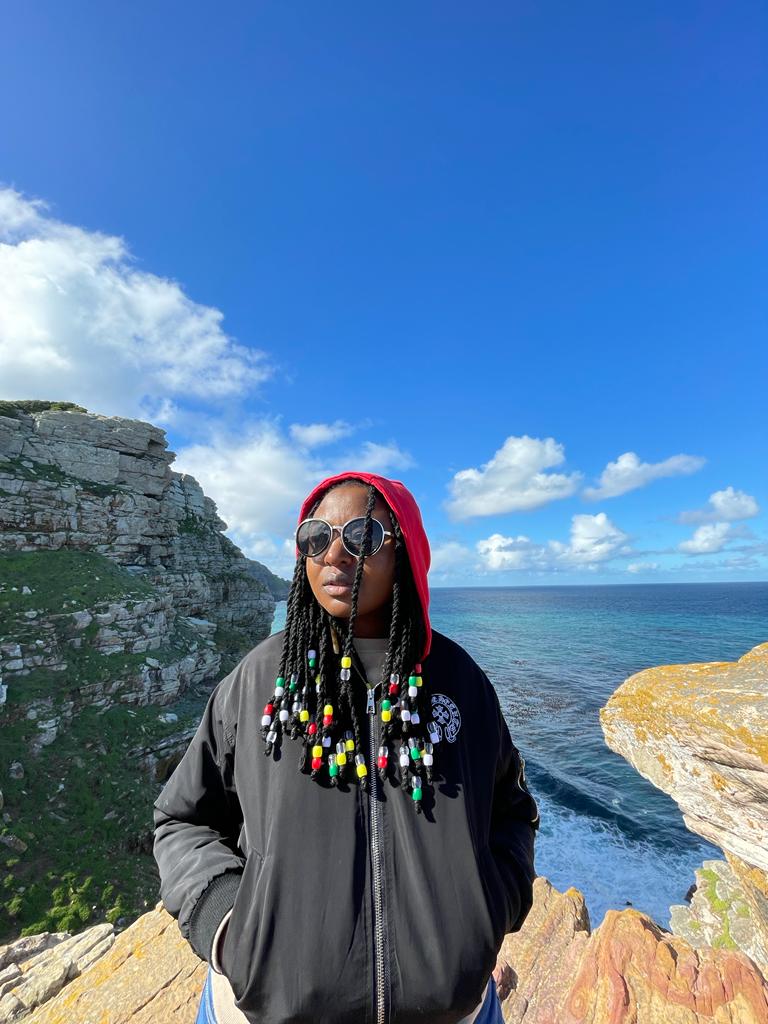I have been thinking about the effects of digital platforms on native languages; partly because I am finding that I am more and more struggling with my first language (Luhya) and I am losing words in my second language that I have spoken my whole life (Kikuyu).
Around 7000 different languages are spoken around the world. Less than 400 of the 7000 languages are spoken online. In my case, I do not think I have seen any platform whose language choises are either Kikuyu or Luhya. Kiswahili maybe, but never the other local languages.
And one of the immediate implication of this is the fact that, at least in our household, only the people who can speak English or Kiswahili and comprehend it well will then find it easy to navigate the internet; at the very least social media.
Language is a vital tool for communication and knowledge transmission. One’s inclusion or exclusion from the knowledge society depends on their ability to use the Internet and ICTs in their native tongue in a world that is becoming more and more digital. This essentially means my parents, and older generations who aren’t priviledged enough to speak the two main languages that are the predominant digital languages in our context are excluded from this knowledge society.
TikTok, as a platform, has been one of the unique platforms where users actively use their native languages and sub-communities are formed under such (This is very much user driven from what I’ve seen) and could explain why it’s also one of the platforms you will find very niche audiences on.
Throughout the world, efforts are being undertaken to make languages visible in every way possible, including online. We have users on TikTok who specifically teach people native languages and people on Twitter offering subscription model teaching classes.
A lot more however, needs to be done that does not put this burden on users solely. Establishing a multilingual knowledge system requires care in order to produce information in all languages more frequently and to enhance language communities so they can create original content and translate more frequently into and out of other languages.
You can read more on this from Pollicy’s paper on Language Coloniality:https://pollicy.org/resource/language-coloniality-non-dominant-languages-in-the-digital-landscape/
Shiru_Wa_Wanjiku 2024

Leave a comment